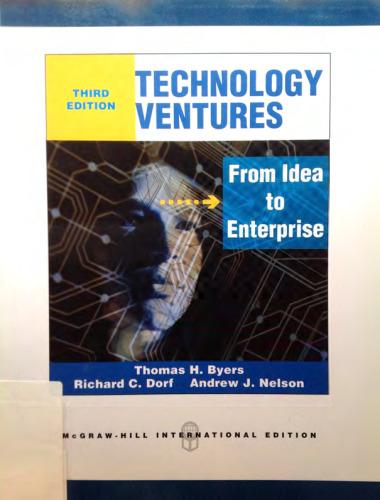All questions in this homework assignment are based on the following information about a donor (person 1), who is considering giving money to a recipient (person 2). The donor has the following utility function: U , = a . m, + b . m 2" + c . X 2 where m; : total money received by person i from all sources x, : amount of donor's endowment allocated to person i I, : person i's endowment, I, = x, + x2 = 145, 12 = 5 a, b, c 2 0 : fixed parameters The sections below correspond to different cases involving different values for the fixed parameters of the donor's utility function and refer to the donor's optimization problem under these differing assumptions. Assume m, = x, except where otherwise indicated. Case 1: a = 6, b = 2, c = 0 1. What kind of preferences does the donor have (what is this case called)? 2. What is the donor's marginal utility from keeping money du, / dx, (express in terms of x, )? Hint: first use substitution so as to express u, as a function of x, , and then take the derivative. 3. What is the donor's marginal utility from giving money to the recipient du, / dx2 ? 4. What is the donor's optimal gift to the recipient, x2 (i.e., what gift maximizes the donor's utility)? Case 2: a = 0, b = 2, c = 0 5. What kind of preferences does the donor have (what is this case called)? 6. What is the marginal utility from keeping money (express in terms of x, )? 7. What is the marginal utility from giving money (express in terms of x2 )? 8. What is the optimal gift to the recipient, x2 ? Case 3: a = 6. b = 2, c = 3 9. What is this case called? 10. What is the marginal utility from keeping money (express in terms of x, )? 1 1. What is the marginal utility from giving money (express in terms of x2 )? Case 4: a = 6. b = c = 0 12. What is this case called? 13. What is the marginal utility from keeping money (express in terms of x, )?14. What is the marginal utility from giving money (express in terms of x2 )? 15. What is the optimal gift to the recipient, x; ? Case5za=6 b=0 c=3 16. What is this case called? 17. What is the marginal utility from keeping money (express in terms of xl )? 18. What is the marginal utility from giving money (express in terms of x2 )? 19. What is the Optimal gift to the recipient, x3? For the remaining problems in this subsection, suppose there is a tax, t= 15, on the donor that the government (this fact is important) then gives to the recipient. 20. Now what is the donor's optimal gift to the recipient, x; ? 21. Calculate crowding out (c) for this case (as always, show all work)? Finally, charities often supplement contributions from donors with funds from third parties who agree to match any donor contributions. For the problem below, continue to assume that there is a tax of 15 on the donor that is given to the recipient, but also suppose there is a third party that agrees to match each dollar of contributions of this donor with one more dollar. That is, each dollar the donor gives to the recipient is increased by the third party such that the recipient receives two dollars. 22. What is the optimal gift to the recipient, xg" , given this matching grant? Explain








